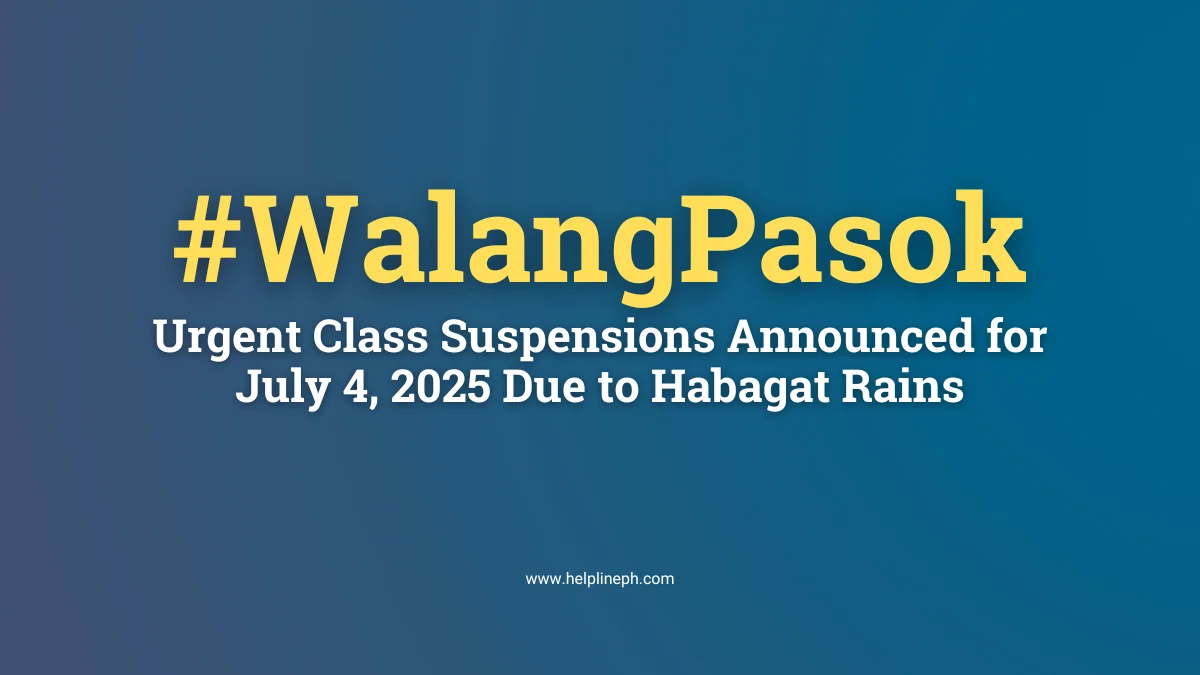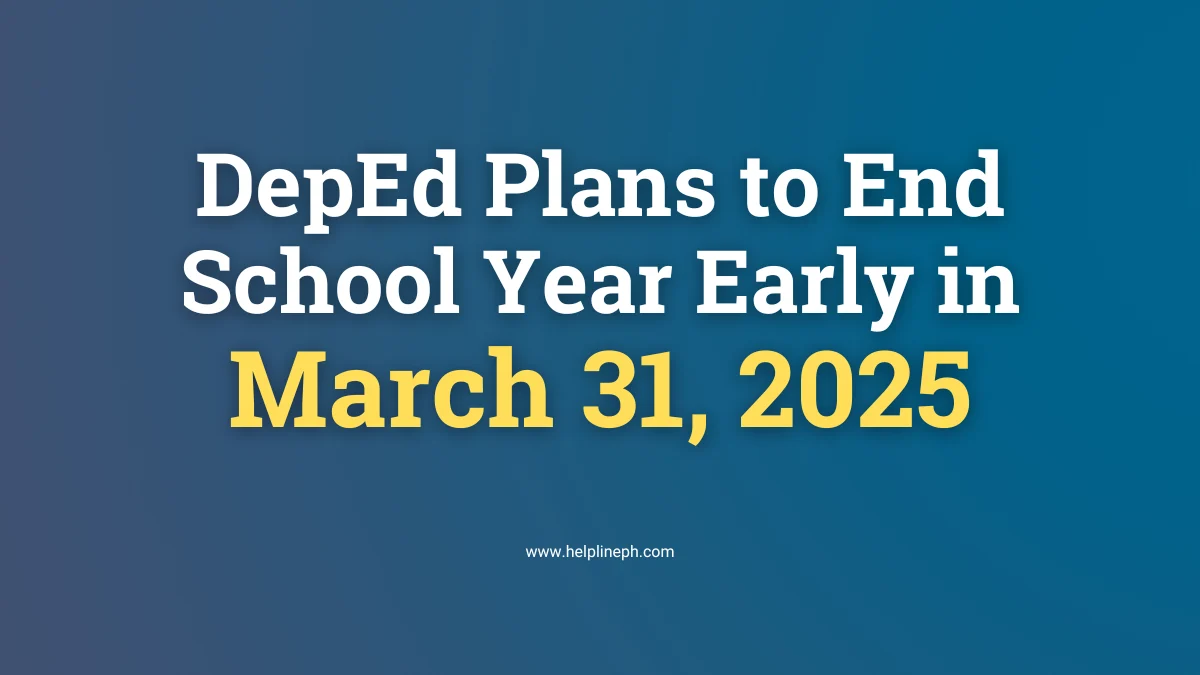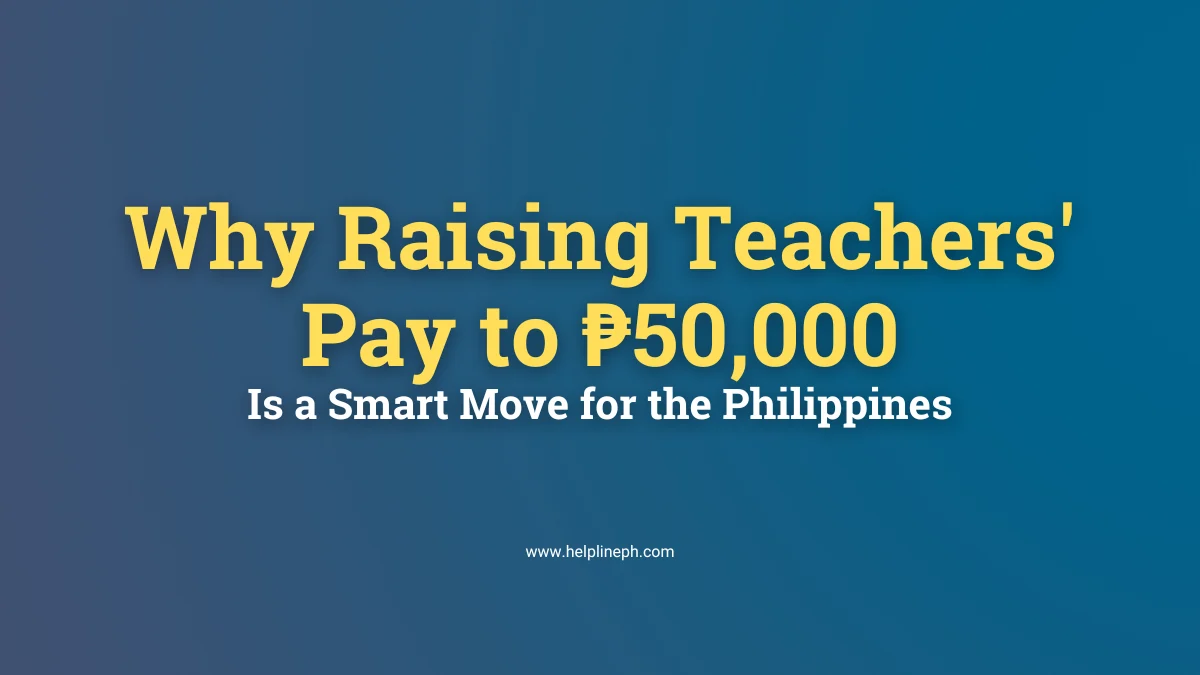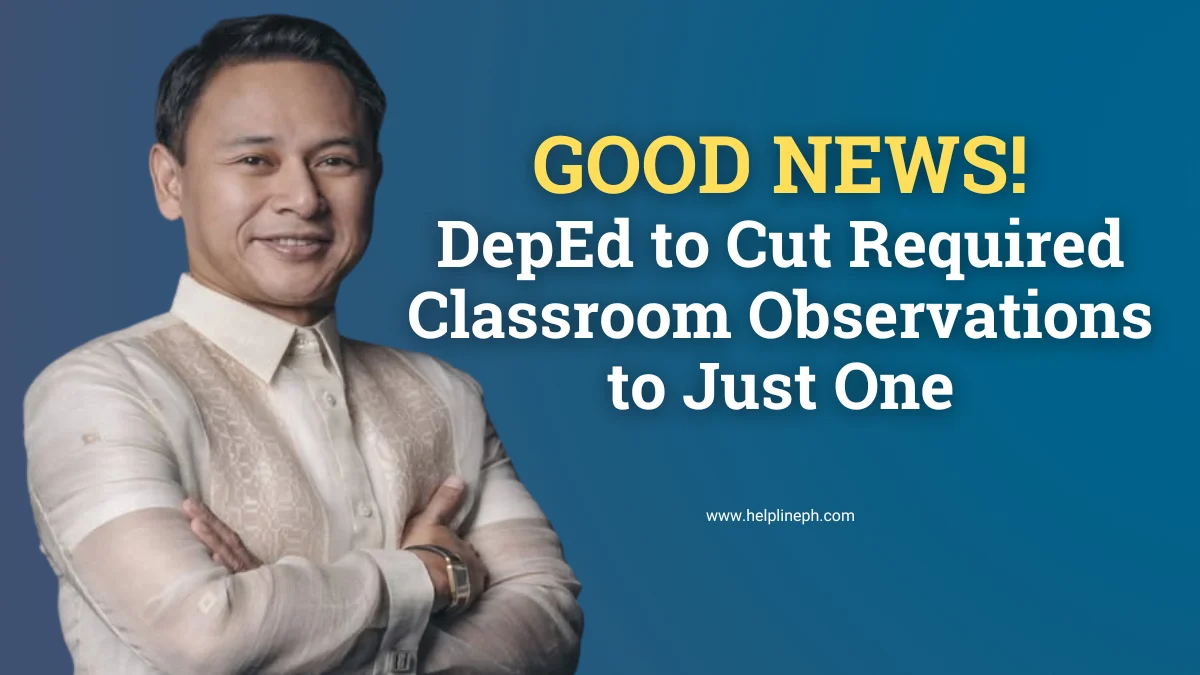Many people love to record and share videos. Some teachers and students have also started vlogging inside classrooms. However, the Department of Education (DepEd) in the Philippines has issued a strict rule against this. A recent memorandum from the Schools Division of Zamboanga del Sur clearly states that all teachers must stop recording and sharing videos during class or office hours.
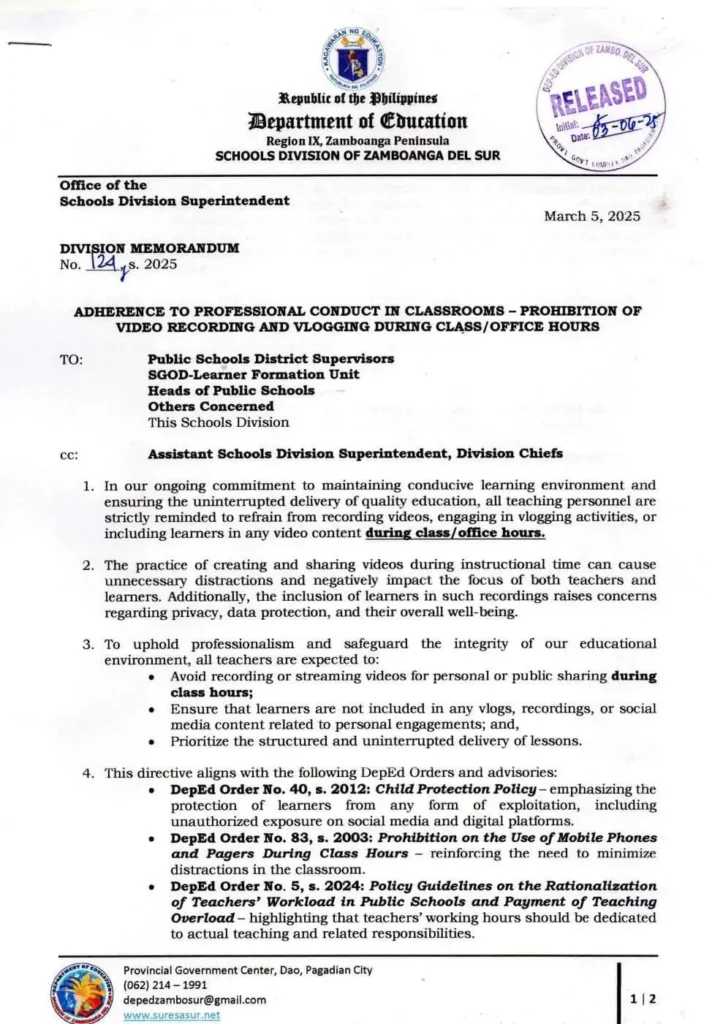
This rule is meant to keep classrooms professional, protect students’ privacy, and ensure that learning is not interrupted. But why is this policy necessary, and how does it help improve education? Let’s break it down.
Why Teachers Should Not Record Videos During Class
1. Avoiding Distractions in the Classroom
Classrooms should be places of focus and learning. When teachers record videos or engage in vlogging, it can distract both students and teachers. Instead of paying attention to lessons, students may focus on the camera. Some might even change their behavior just to be seen in the video.
Learning is most effective when students and teachers concentrate. Recording videos during class disrupts this focus and affects the quality of education.
2. Protecting Students’ Privacy and Safety
Many students are minors, and their privacy must be respected. When teachers record videos that include students, these videos could be shared on social media or other platforms. This raises serious concerns about student safety.
DepEd’s Child Protection Policy (DepEd Order No. 40, s. 2012) states that students must not be exposed to any form of exploitation, including unauthorized exposure on digital platforms. This means that recording and sharing videos of students without permission is a violation of their rights.
3. Keeping Teachers Focused on Their Job
Teaching is already a demanding job. If teachers spend time creating content for social media instead of focusing on their lessons, it affects their ability to deliver quality education.
DepEd Order No. 5, s. 2024 emphasizes that teachers should focus on their primary duties. Recording videos for entertainment or personal sharing should not be part of their responsibilities during class hours.
What the Memorandum Requires from Teachers
To maintain professionalism in schools, the memorandum outlines clear expectations for teachers:
✅ No recording or streaming videos for personal or public sharing during class hours – This prevents unnecessary distractions and keeps lessons focused.
✅ No including students in vlogs, recordings, or social media content – This protects their privacy and ensures their safety.
✅ Prioritizing uninterrupted learning – Teachers should dedicate all their time to teaching without distractions.
These simple rules will help keep classrooms professional, secure, and effective for learning.
DepEd Orders Supporting This Rule
This memorandum aligns with existing DepEd orders that aim to keep education professional and distraction-free:
🔹 DepEd Order No. 40, s. 2012 (Child Protection Policy) – Protects students from any form of exploitation, including digital exposure.
🔹 DepEd Order No. 83, s. 2003 – Prohibits the use of mobile phones and pagers during class hours to minimize distractions.
🔹 DepEd Order No. 5, s. 2024 – States that teachers should focus on their actual teaching duties and not engage in unrelated activities.
By following these orders, schools can ensure a better and safer learning environment for all.
The Impact of This Rule on Teachers and Students
For Teachers:
✅ Encourages professionalism in the classroom.
✅ Helps teachers focus on lesson delivery.
✅ Reduces the pressure of creating social media content during work hours.
For Students:
✅ Ensures their privacy and safety.
✅ Keeps the classroom free from unnecessary distractions.
✅ Improves their ability to focus on learning.
Frequently Asked Questions (FAQs)
Can teachers still record videos for educational purposes?
Yes, teachers may record videos for educational use, but only if they follow school policies and ensure that students’ privacy is protected.
Are students allowed to record videos during class?
No. Just like teachers, students should also avoid recording videos during class hours, as it can be a distraction.
What happens if a teacher violates this rule?
Violating this rule may result in disciplinary actions from the school or the DepEd. The specific consequences will depend on the severity of the violation.
Why is vlogging in classrooms a problem?
Vlogging in classrooms can lead to distractions, privacy concerns, and reduced focus on learning. Schools must prioritize education over social media trends.
Conclusion
The DepEd memorandum on video recording and vlogging is an important step in maintaining professionalism in classrooms. By following this rule, teachers can create a better learning environment, protect students’ privacy, and ensure that lessons remain the top priority.
Instead of focusing on recording videos, teachers should concentrate on delivering quality education. This will help students learn better and maintain a productive classroom environment.
Let’s keep our schools distraction-free and professional!

